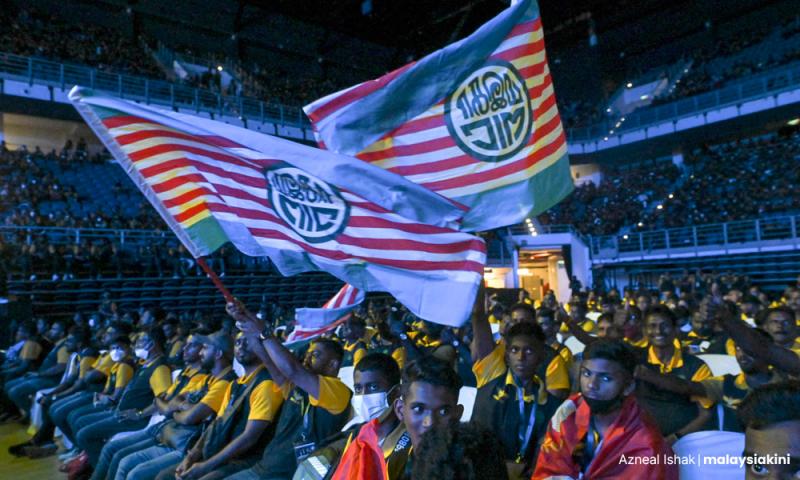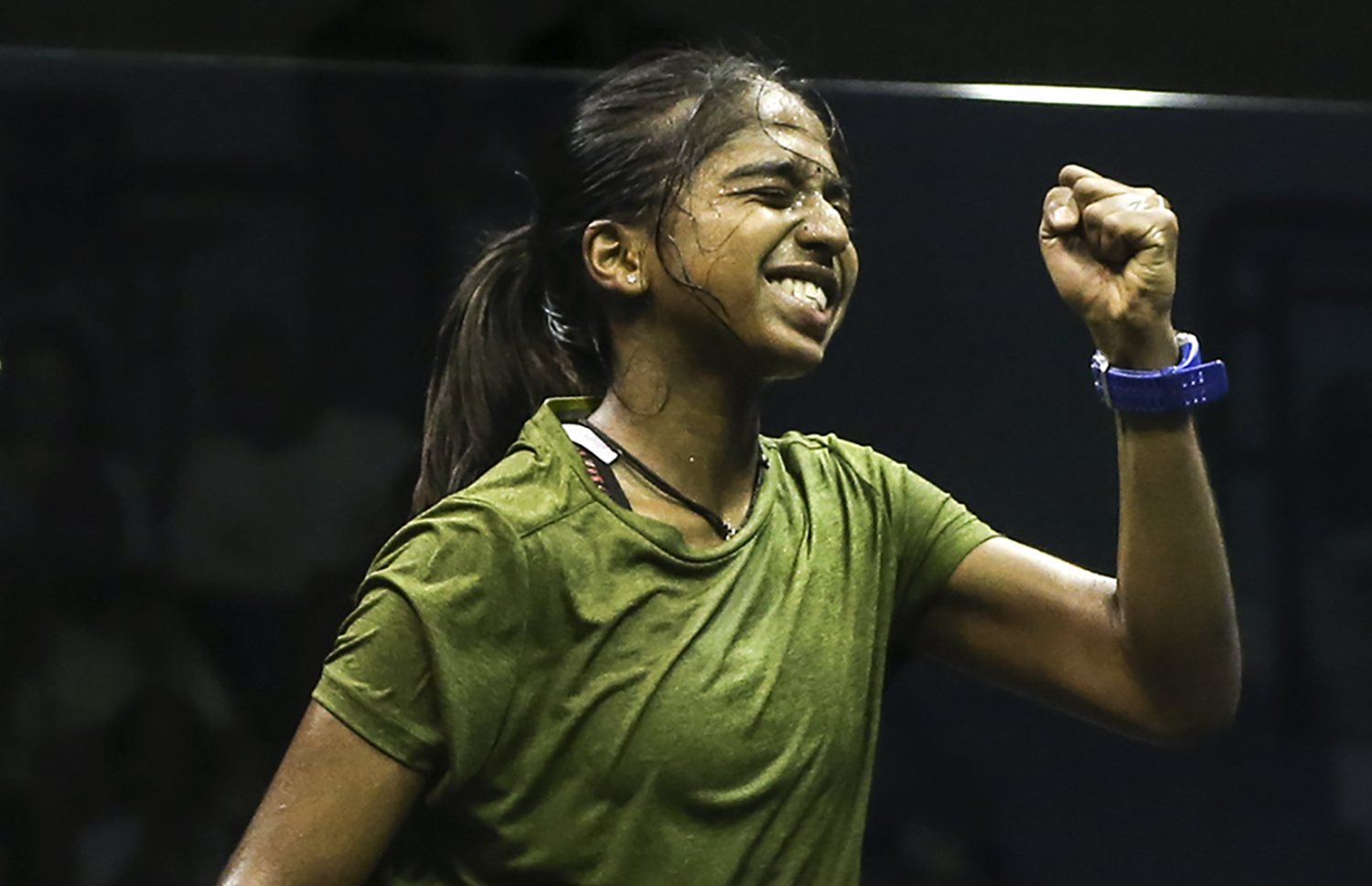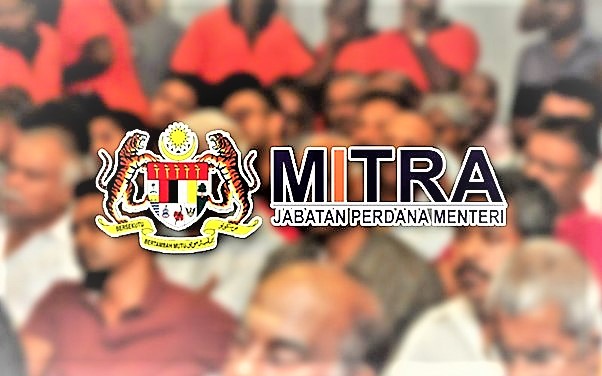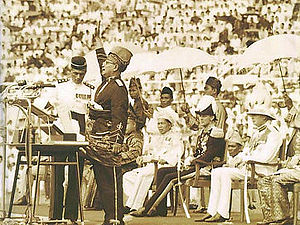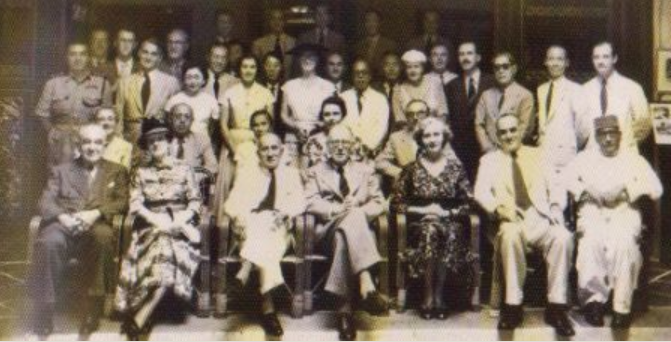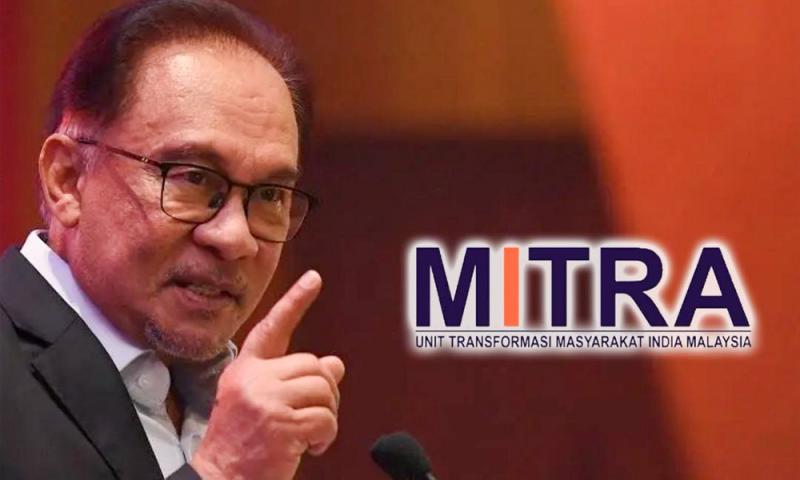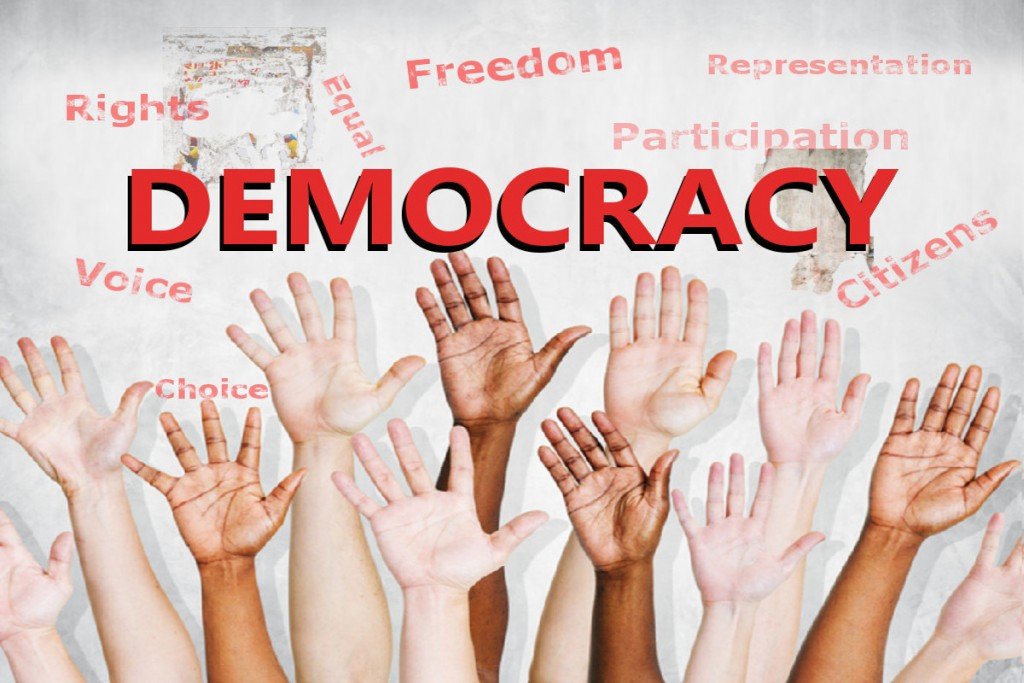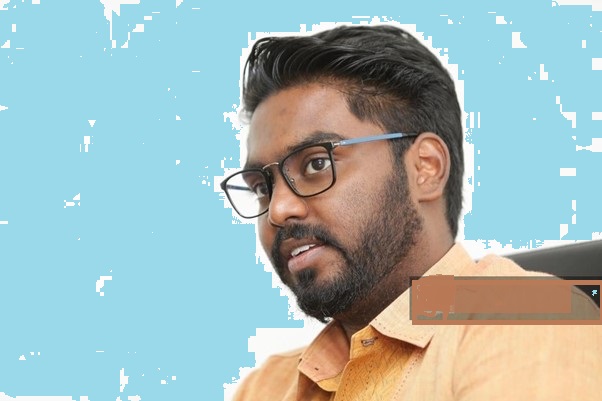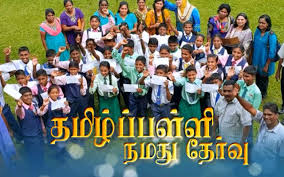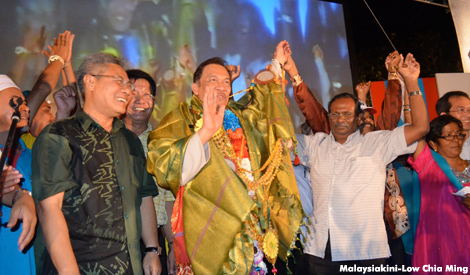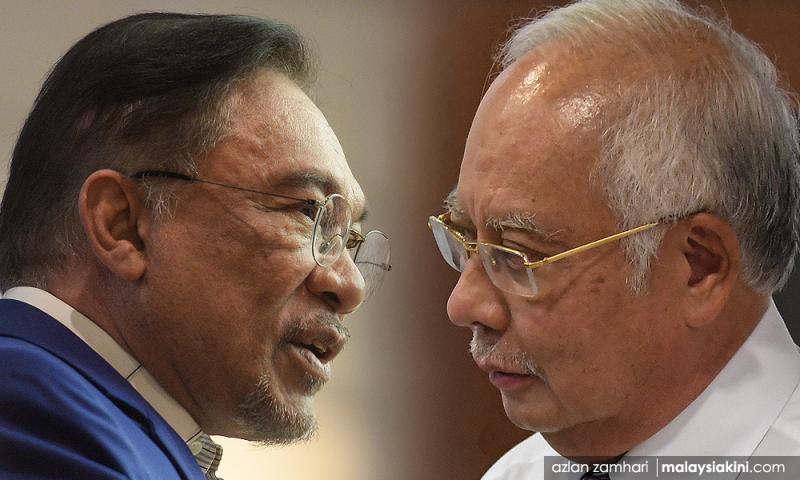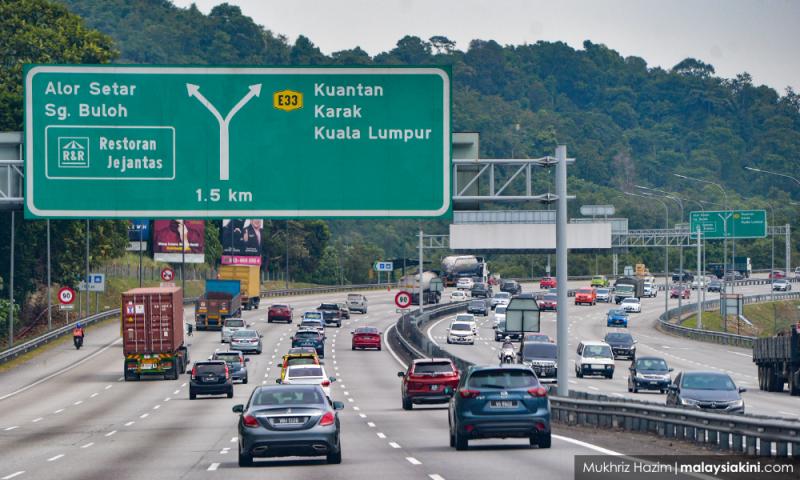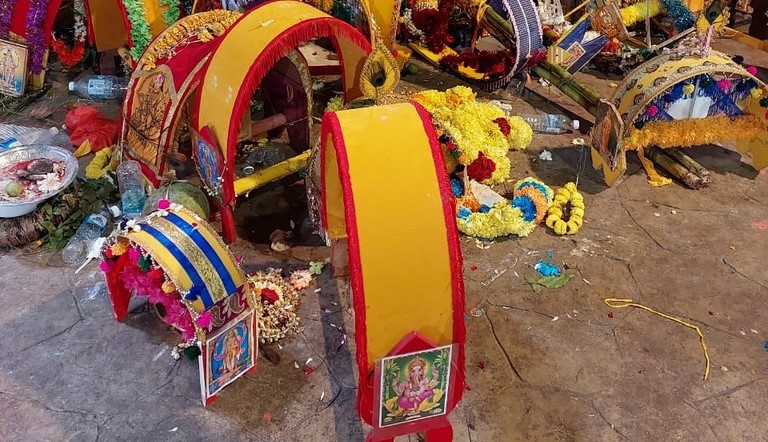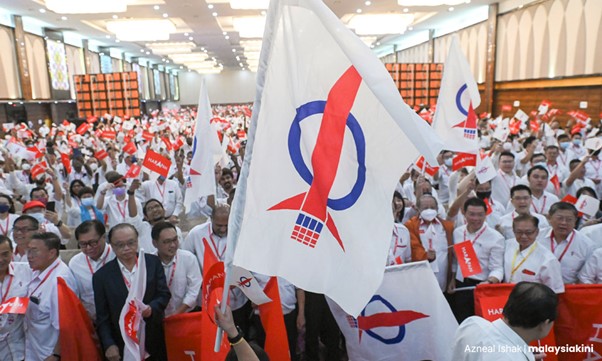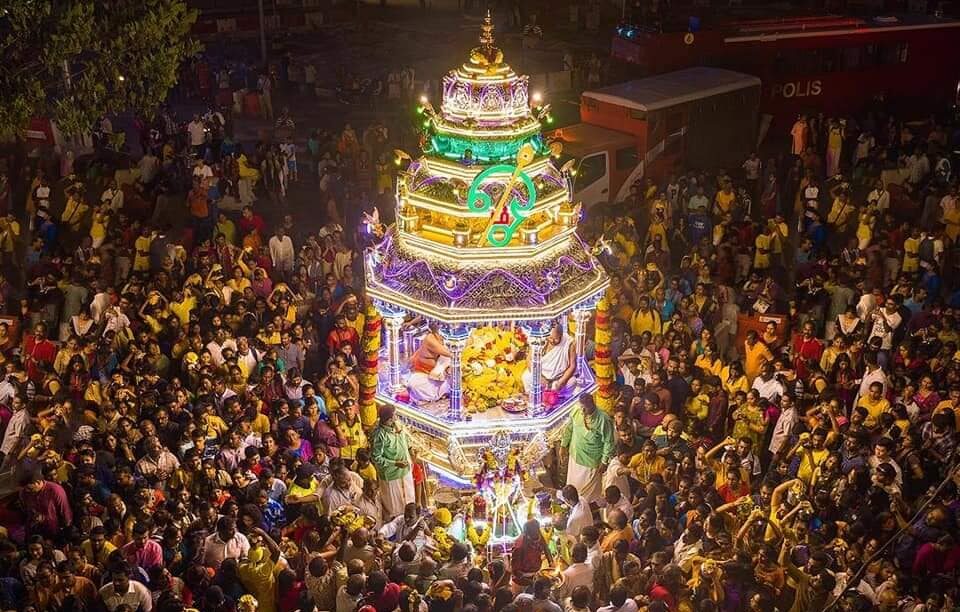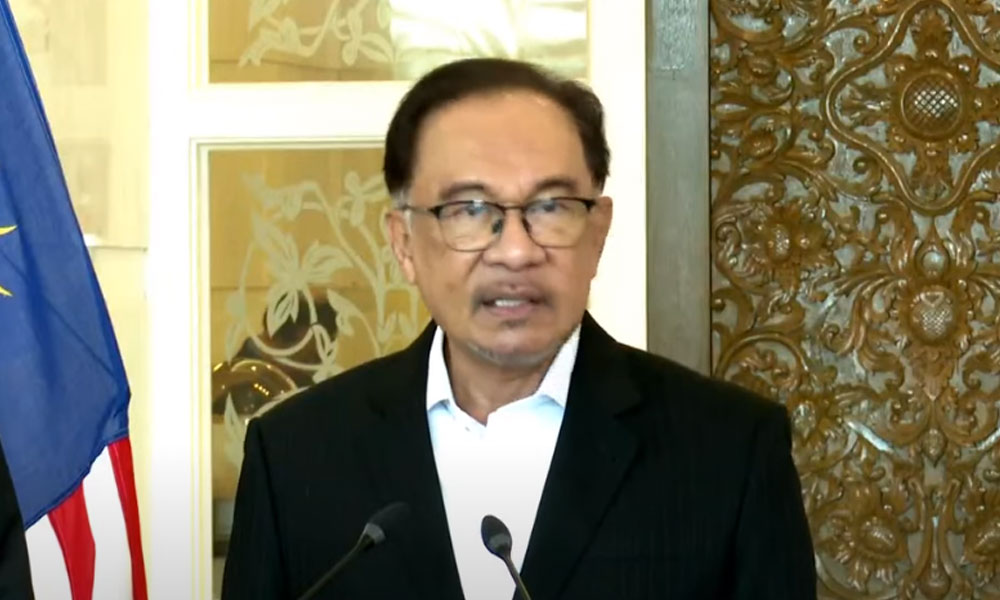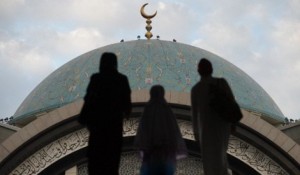 COMMENT By all accounts – as well as according to popular understanding – Malaysia is a multi-religious country with relative tolerance existing among the various religions. However, beneath the surface of superficial good relations and harmony is to be found a more turbulent state of affairs, and much less goodwill and understanding than is visible or demonstrated at the public level.
COMMENT By all accounts – as well as according to popular understanding – Malaysia is a multi-religious country with relative tolerance existing among the various religions. However, beneath the surface of superficial good relations and harmony is to be found a more turbulent state of affairs, and much less goodwill and understanding than is visible or demonstrated at the public level.We, of course, are not an exception among nations.
The clash of religions has been the case throughout the world for most of recorded time. All the major religious groupings, past and present – in particular the monotheistic ones – have a history of intolerance and gore more than of charity and love contrary to the claim of being messengers of peace, tolerance and respect for others.
Thankfully, this ignominious phase of bloodshed, warfare, and often massacre of innocents in the name of an allegedly entirely man-made and mythical construct called God has changed for the better for all religions.
Still, all the current major religions – to a lesser or greater extent – continue to have leaders, proselytisers and followers who are guilty of disrespect, envy and jealousy of other religions, and of condemning what they see as competing ones (including agnostics and atheists) and consigning the disbelievers to hell.
In Malaysia, it is not surprising that the spotlight should be on the actions and behaviour of the Islamic leadership, given the religion’s special position and constitutional status. This leadership, at least for two decades after independence, was relatively open and benign. Now it appears the era of moderate and open-minded Islam is over.
Thus we find a proliferation of so-called ‘heroes of the faith’ who engage in mud-slinging, name-calling, and other forms of extremist, outlandish, and sometimes, frankly ridiculous behavior – accompanied by the waving of supposedly authoritative quotations from the scriptures – ostensibly to ‘protect’ the religion or assert its superiority over other religions.
From invoking blessed incantations to brandishing machetes and lobbing grenades to defeat the enemy is not such a quantum leap unfortunately as we have seen in some parts of the world, including ours.
And this behavior of ‘justifiable violence’ and ‘jihad’ – or at least, condoning it – appears to be contagious even for those who are otherwise sensible and not dogmatic.
As I noted to some colleagues lately the P Ramlee Bujang Lapuk era is gone.
What a tragedy especially for the Malays and for all Malaysians.
Unfortunately there is no silver lining, no respite that we can look forward to from this Islamic onslaught.
Even the so-called moderates see the answer in more and more of the religion.
Many outside observers – including Muslims, but with the exception of Zakir Naik – are of the view that the main driver for the religious tension and antagonism in the country is institutionalised Islam and state-led agencies which have taken it on themselves to assert Islamic hegemony; and to put down what they perceive as challenges to ketuanan Islam.
Also to be faulted are the elite and educated class who have chosen to compromise or have remained silent during our local clash of religions.
All-conquering, uncompromising Islam
Much of the religious table-thumping, breast-beating and teeth-baring is carried out openly. Thus, the assertion of dominance in cases such as the Lina Joy episode; the prohibition of the word ‘Allah’ in Christian bibles; the body-snatching case involving national hero M Moorthy; and other controversies including the latest over ‘kafir habir’, are conducted in full view of the public.
These episodes of religious contestation have overshadowed the everyday, less obvious bureaucratically-driven efforts aimed at consolidating and reinforcing the position of an advancing, proliferating and ultimately, all-encompassing Islam.
Achieving the goal of an all-conquering Islam takes different forms.
At one level the fight is against those faiths which are portrayed in the Malay media as ‘stealing’ what the official guardians of the Islamic faith see as their congregation. Never mind if there are concerns that the individuals in dispute may belong to another faith or may be dead. Or that they may have left their religious affiliation unknown or a mystery, or may be kids who are simply too young to battle over such an issue as religion.
Even one coreligionist lost to the other side is an unacceptable defeat to the official and unofficial gatekeepers who see converts as part of a a non-negotiable, legally and constitutionally incontestable grouping whose souls should belong eternally to their new religion.
At another level – one that is possibly even more crucial for the country’s future – the fight is aimed within the community itself to purge it of its deviants and to ensure and enforce unity and solidarity, whatever the cost may be to the minority in the community who have a different understanding of Islamic justice and fair play from that propounded by the ulama and others holding power over the Islamic institutions of the country.
Reid Commission’s constitutional definition blunder
In retrospect the biggest blunder the Reid Commission made when it drafted the constitution for an independent Malaya was to freeze the definition of the Malay into a religious and cultural sarcophagus from where there seems to be no means of mobility and no way of escape.
What the commission’s members did – looking back with the advantage of hindsight – is to consign the moderates, the liberals, the deviants, the progressives, the open-minded, the more secular-inclined in the Malay community – to a life of contradiction and pain that only they alone can break the shackles of.
We – especially those of us who do not have the albatross of religious certainty and belief – can only watch and wish them well. What’s mystifying and distressing is that many in that besieged group believe that more, rather than less, religion is the answer to their community’s woes.
LIM TECK GHEE is a former World Bank senior social scientist, whose report on bumiputera equity when he was director of Asli’s Centre for Public Policy Studies sparked controversy in 2006. He is now CEO of the Centre for Policy Initiatives.
Read more: https://www.malaysiakini.com/news/347573#ixzz4DOkq4Uyw


